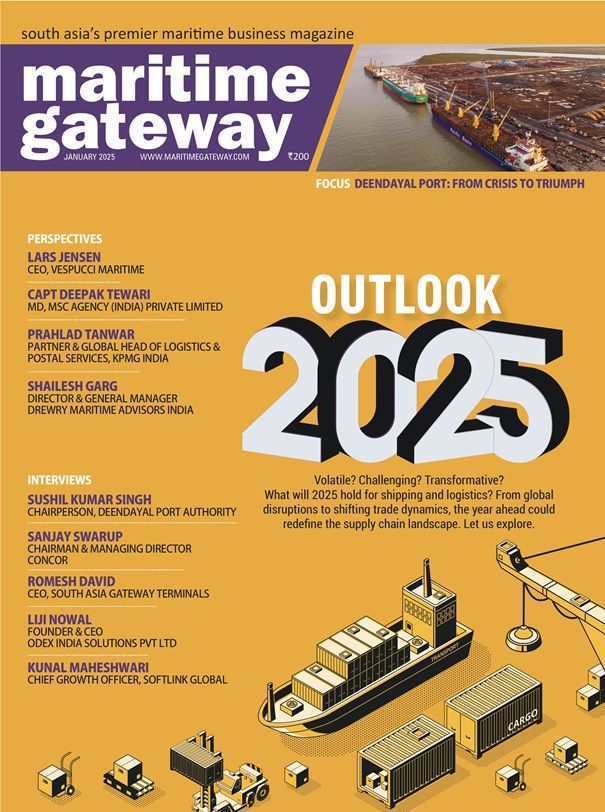September 29, 2020: Prime Minister Narendra Modi and his Denmark’s Prime Minister Mette Frederiksen participated in a virtual bilateral summit on Monday (September 28). The virtual bilateral summit gave an opportunity to the two leaders to comprehensively review the broad framework of the bilateral relationship in the context of the time-tested friendly ties between the two countries and gave broad political direction for a strengthened and deepened collaborative partnership on key issues of mutual interest, said the Ministry of External Affairs.
Notably, this is his first standalone virtual meet of PM Narendra Modi with any European leader.
Denmark has been an important development partner, contributing to India’s ‘White Revolution’ and growth of wind energy.
Around 5000 Indian professionals are working in major Danish companies and 20 Indian IT companies which have been present in Denmark for decades, contributing Indian expertise in IT and Finance to the Danish economy and enhancing their products, services and competitiveness.
Around 30,000 Indian IT professionals are developing the latest products and services in India for major Danish companies.
Denmark has invested about $1billion+ in India during the period 2000-18, through direct and listed companies. Danish majors like Novo-Nordisk, A.P. Moller Maersk, Vestas, Danfoss, Ramboll have large presence in India and they have more than 100,000 employees in India. Similarly, major Indian IT companies such as Tata Consultancy Services (TCS), L&T Infotech, Infosys Technologies, ITC Infotech, Mahindra Satyam and Ubique Systems have investments in Denmark.
Major Danish companies such as Grundfos, Danfoss, Vestas, LM Wind, novozymes, Rockwool, Haldor Topsoe, have set up factories and manufacturing facilities in India under the ‘Make In India’ scheme, which are being used as export hubs.
India and Denmark are cooperating in fighting climate change by exporting wind turbines, enzymes, etc. Danish companies like Babcock & Wilcox have set up paddy the first waste-to-energy facilities in Punjab and Haryana to fight air pollution.
India exports textiles, linens, home linens, etc. worth around US$ 250 million to Denmark.
MAERSK transports 19% of India’s containers and 1/3rd of its reefers, enabling the export of seafood, agricultural products and pharmaceuticals to the world. AP Moeller-Maersk has invested in Pipavav and JNPT ports and employs around 11,000 seafarers, comprising the majority of its shipping crews, to run its ships worldwide.
Danish companies such as Danfoss play an important role in increasing farmers’ income by setting up cold storages, and has developed post-harvest technology for bananas. It also manufactures equipment for industrial cooling. Grundfos manufactures intelligent pumps and have sold over 40,000 solar pumps in India.
Knud E. Hansen has designed state-of-the-art 500 pax and 1200 pax RORO ferries for Andaman and Nicobar Islands, which have been built by Cochin Shipyard.
Mumbai Coastal highway being built by L&T and designed by Danish company Ramboll Danish companies RAMBOLL & COWI are doing engineering and design for the Trans-Harbour Sea-Link in Mumbai, which will link Mumbai with Navi Mumbai. The project is estimated to cost $2.5 bn.
Bilateral trade between India and Denmark has grown to $ 3.68 billion in 2019 compared to $ 3.58 billion in 2018, which is an increase of 3%.
Denmark is the most energy efficient country in the EU and OECD. It has expertise in niche areas such as Renewable energy, Sustainable Development, clean technology, waste management, and recycling. Denmark appreciates the economic reforms undertaken by India and recognizes India as an economic power house with immense opportunities for investments and partnership.
Source: Economic Times







